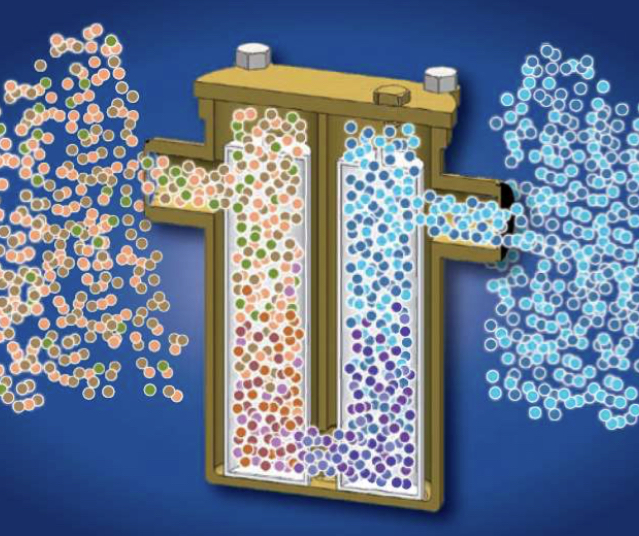In certain regions, town supplies or bore water will contain different concentrations of mineral substances causing scale formation. Scale is a deposit of mineral substances which forms when hard water is heated. The presence of scale in water does not affect health. However, high concentrations can form a very hard layer of scale which block pipes, adhere to heated surfaces, reduce heat transmission and increase the amount of energy (gas, electricity) necessary to heat water. This is a source of high maintenance and repair costs and deterioration of household appliances.
The New Zealand Driking Water Standards give a maximum hardness guideline of 200mg/Litre.
Soft: 0-17mg/Litre.
Slightly Hard: 17-60mg/Litre.
Moderately Hard: 60-120mg/Litre.
Hard: 120-180mg/Litre.
Very Hard: Above 180mg/Litre.
The PUGH scale reducer doses a small quantity of food phosphate into the water supply without modifying its calcium and magnesium content. This active ingredient in the scale reducer works as a crystallisation inhibitor. The content of phosphate left in the water is negligible in comparison with the concentration in daily food preparations.
This process has no influence on taste or odour of the water.




